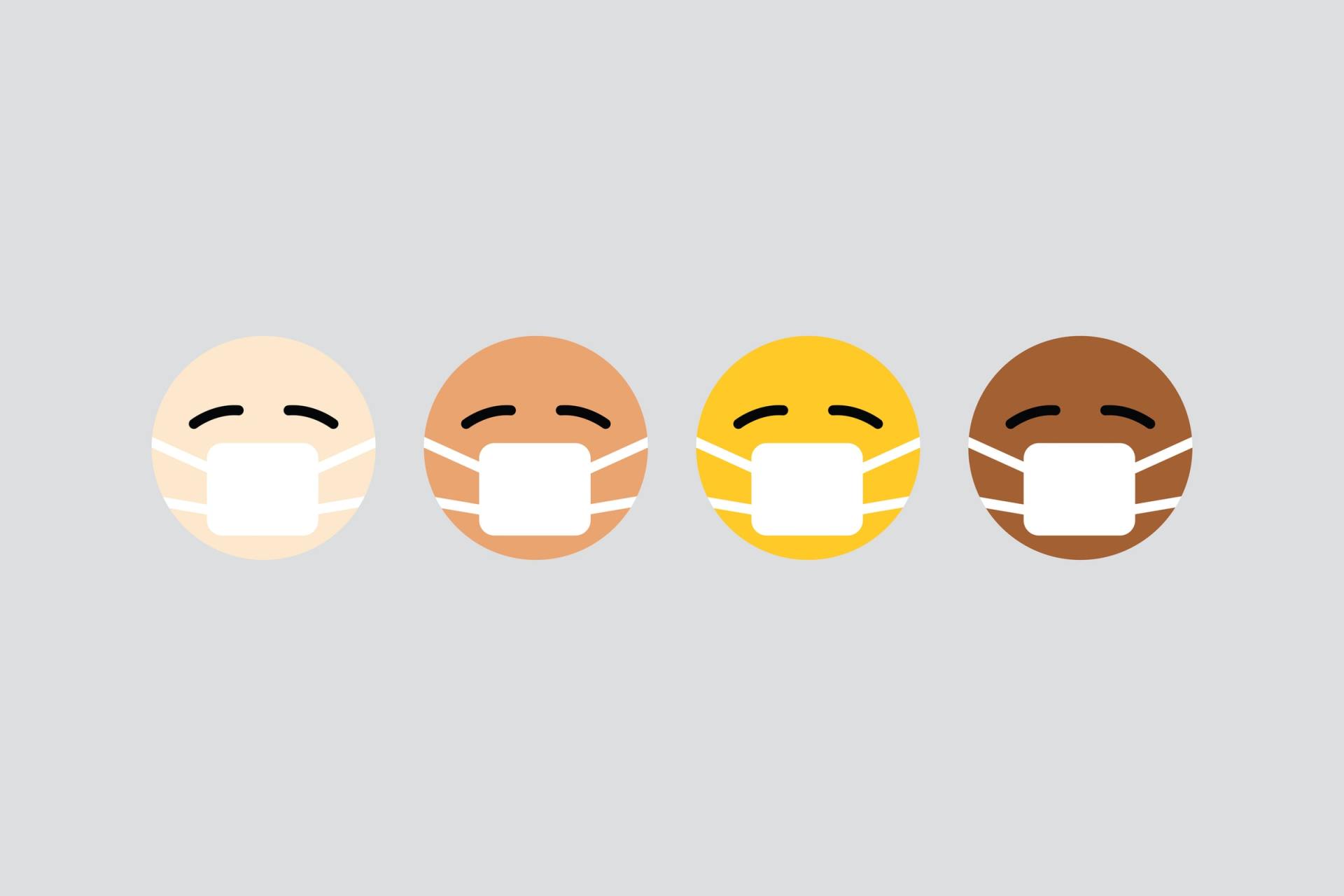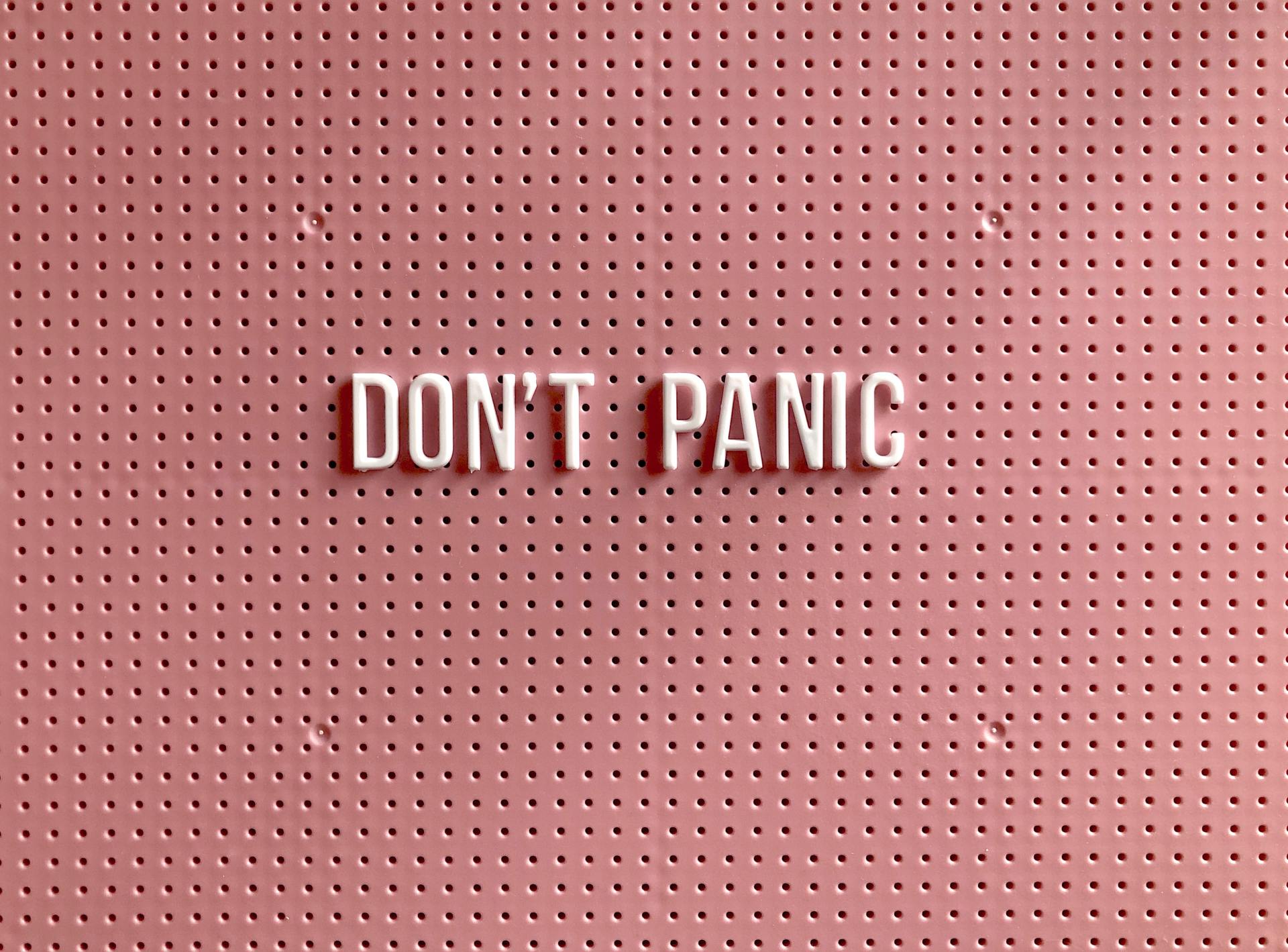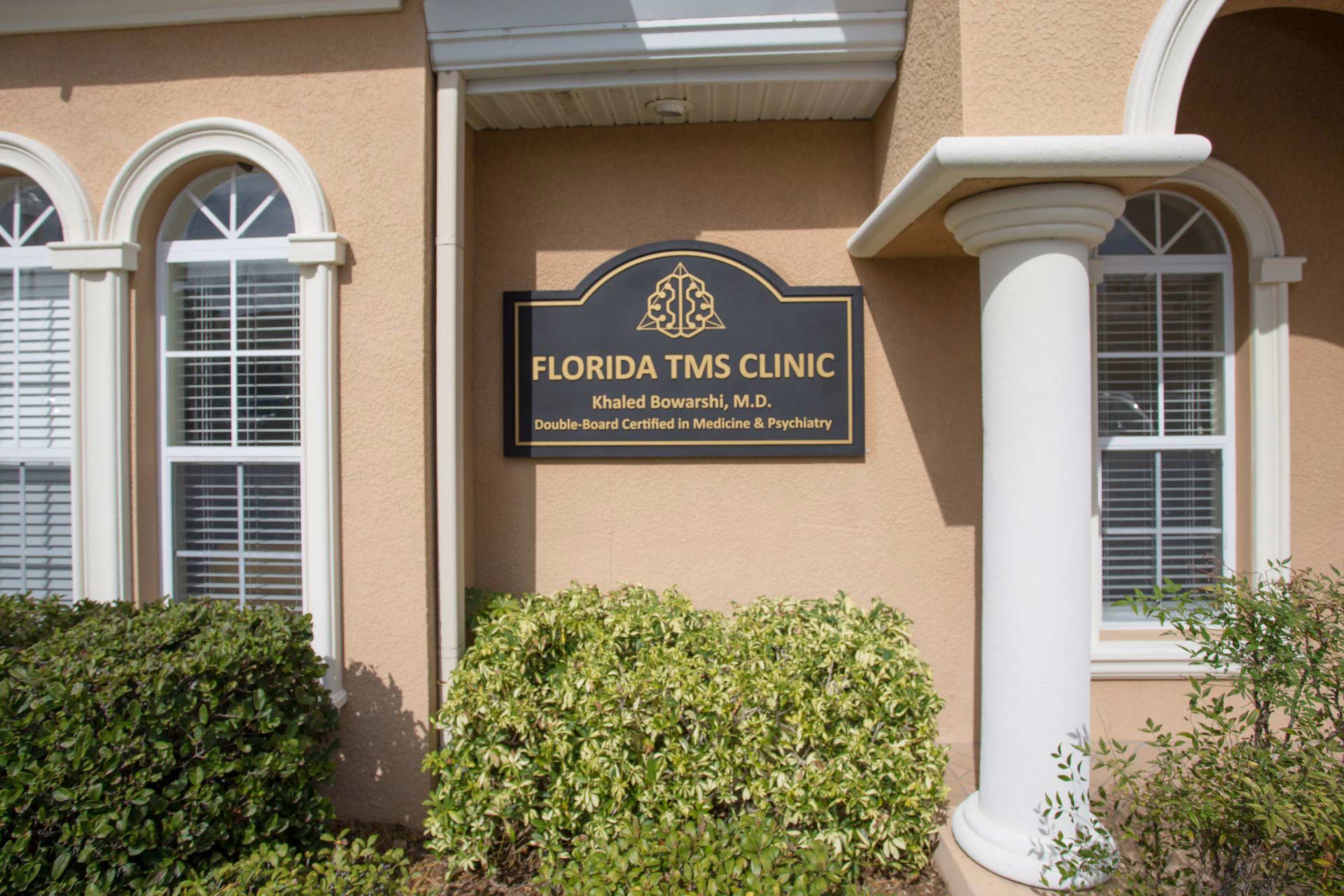When Medications Don't Relieve Anxiety
The world doesn't have to feel like a constant threat
You don't have to continue to suffer from the symptoms of anxiety and depression. Transcranial magnetic stimulation (TMS) can be an effective treatment option for both depression and anxiety. When traditional forms of treatment have not provided significant symptom relief, then TMS can offer long-term remission without the undesired side effects of medications. Learn more about the causes, symptoms, etiology, and treatment for anxiety and depression.
As controversial as it may sound, it seems as if anxiety is the thing to have these days. Many people will talk about it as if it’s a popular thing to have – like it’s a badge of honor in a sense. Take a gander across social media and you’ll find so many posts related to tapping in on the anxiety trend and making comments as if this serious condition is something to be proud of.
I bring this up because I understand, that for those who truly suffer from anxiety or panic attacks, it's not something to be taken lightly, nor something to be ashamed of. Anxiety is a serious condition and involves much more than just being nervous or anxious about something – I want people to understand there is a big difference. People who truly suffer from anxiety don’t enjoy it. It can be quite debilitating and causes many people the inability to live a good quality of life.
On the other hand, feelings of anxiousness or nervousness are a normal part of life in certain situations. It's certainly normal to experience feelings of fear or worry when having to speak in a public setting, performing in front of others, or trying out for a sports team. However, generalized anxiety disorder involves much more than just episodic symptoms of anxiety. People suffering from an anxiety disorder frequently experience excessive worrying, feelings of uncontrolled anxiousness, and fear about everyday situations. Often times, these symptoms become so severe that they create panic attacks. Unfortunately, panic attacks often mimic the symptoms of a heart attack where the person experiences severe chest pain, and shortness of breath or difficulty breathing.
Clinical anxiety (often called 'generalized anxiety disorder') can include a combination of any of the following symptoms:
- Feeling nervous, restless, or tense
- Constant worrying
- Feelings of fear, impending danger, or panic
- Sleeping problems, insomnia
- Trembling or shaking
- Inability to concentrate or focus
- Crying episodes related to fear
- Appetite changes
- Rapid breathing, feelings of shortness of breath
- Gastrointestinal problems (constipation, diarrhea, cramping)
- Chest discomfort or pain
There are several different types of anxiety disorders, with the most common being generalized anxiety disorder (GAD). The cause for the variety of anxiety disorders is not fully understood by doctors or researchers, but it's believed to be related to a history of a traumatic life event or hereditary factors. There could also be medical causes, such as chronic lung or heart disease, hyperthyroidism, or asthma that can trigger anxiety.
GAD is a serious condition that often leads to other mental health illnesses, such as depression. Conversely, depression can lead to worsening anxiety - as both conditions often go hand-in-hand. Both can lead to a very poor quality of life, as well as complicate medical conditions, and often lead to behaviors such as substance abuse, suicidal thoughts, and even suicide.
Treatment involves a combination of psychiatric medications and psychotherapy or cognitive behavioral therapy. However, many people do not benefit from these traditional forms of treatment. Newer treatment modalities, such as transcranial magnetic stimulation (TMS) have shown to be effective in relieving the symptoms of both depression and anxiety.
Transcranial magnetic stimulation, or TMS therapy, is an FDA-approved, outpatient treatment for major depressive disorder (MDD) and obsessive compulsive disorder (OCD) using magnetic pulses targeted at a specific location within the brain. TMS is a brief, noninvasive therapy that doesn't require any sedation or medications, and is considered very safe and effective. Unlike medications, TMS doesn't cause any undesired systemic side effects. Further, TMS can offer long-term remission from debilitating symptoms. While TMS is covered by insurance for MDD and OCD, it offers many patients suffering from anxiety long-term relief as well.
How TMS works to treat an anxiety-riddled brain?
I'm sure you've been asked the common riddle question, "Which came first, the chicken or the egg?". Well, the same goes for depression and anxiety. The two mental health disorders as interconnected and go hand-in-hand in most cases. This interconnectedness is a result of dysregulation of the same neurocircuitry in the brain - which is likely the reason why many patients receiving TMS for depression also experience relief from their anxiety symptoms.
Mood disorders, such as depression and anxiety, are thought to be triggered by a disruption in the balance of neurochemical activity in the areas of the brain that regulate mood. In a traditional TMS treatment, rapid, high-frequency, stimulatory pulses are precisely targeted to treat the areas of the brain that regulate mood. This area is just above the left eyebrow in the prefrontal area of the brain. The magnetic field produced in TMS therapy passes through the skull and creates a current that affects the action of neurons in the area of the brain responsible for facilitating mood. Therefore, since depression and anxiety are interrelated, it only makes sense that TMS would improve one's symptoms of anxiety. To explain further, TMS works by improving the underactive neuronal activity in the brain by restoring normal activity levels of neurochemicals, such as, serotonin, dopamine, and norepinephrine.
However, in some cases, anxiety often has a mind of its own. While the exact etiology is not known, it is believed that anxiety results from the misfiring of electrochemical signals that stems from hyper and hypoactive areas of the brain, which in turn triggers symptoms of excessive worry and/or fear, racing heart, shortness of breath, muscle tension, and stomach upset. So, when treating anxiety that has a mind of its own with TMS, it is typically done on the right side of the brain, just opposite of the depression treatment area. Why? Well, the simple theory is based on the understanding that the right side of our brain sends inhibitory signals to the left side of the brain (meaning they tend to depress activity in neurons). The opposite of inhibitory is excitatory, which refers to a 'boost in brain activity'. So, when we treat stubborn anxiety with TMS, we do so on the right side of the brain with repeated slow, inhibitory, low-frequency magnetic pulses - which slows the targeted areas on the right side of the brain that are overactive. In turn, we tame or calm an anxiety-riddled brain.
The world doesn't have to feel like a constant threat
The bottom line, is that, for those suffering from severe anxiety, the world doesn't have to feel like a constant threat. Patients suffering from untamed anxiety (and depression) where traditional forms of medications and therapy have not helped - transcranial magnetic stimulation (TMS) can be a safe and effective treatment option. TMS offers hope and long-term relief from life-robbing symptoms when trials of multiple medications have not provided satisfactory relief.
So, if you've tried all the traditional methods of treatment with no real relief, then it's time to Say "No" to Anxiety and Depression, and "Yes" to TMS. To find a TMS therapy near you, visit TMS Directory.
Most Popular



















